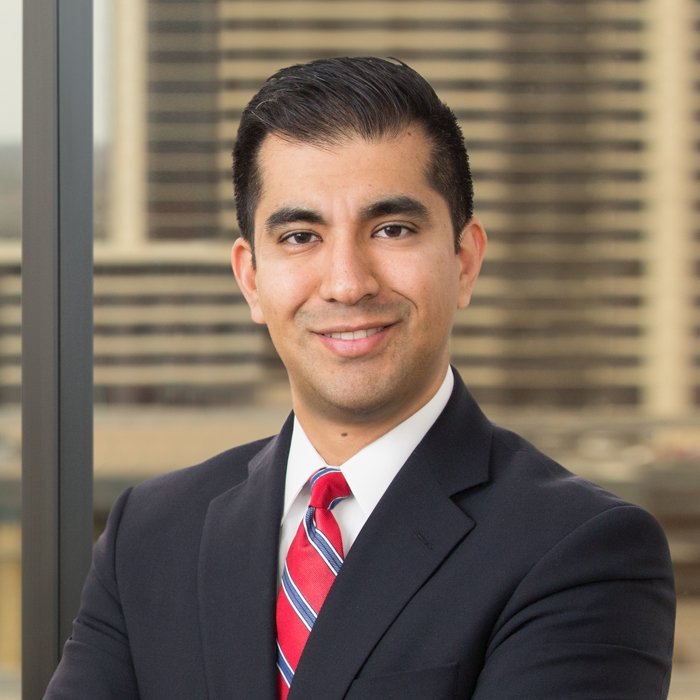Do you trust your government (and what it does with your tax dollars)? If you answered, “No”—or even hesitated a bit—then you probably believe in government transparency. In Texas, a key to open government for citizens and news media alike is the Public Information Act (“PIA”), which is one of the most useful tools in a reporter’s toolkit. The PIA can help shed light on all manner of government activity, from communications between city councilmembers, to the inner-workings of public school districts, to the details of a state-awarded contract to a private business. So, when the state’s highest court created a loophole making it easier to prevent disclosure of public information, it should come as no surprise that concerned citizens, state legislators, and advocacy groups—including news reporters—have pushed back to ensure government transparency is preserved.
One of the exceptions to public disclosure protects information that “that, if released, would give advantage to a competitor or bidder.”[1] Prior to 2015, the Attorney General had determined that the exception protected a governmental body, but not a private party aiming to protect its competitively sensitive information.[2] In Boeing Co. v. Paxton, the Texas Supreme Court was faced with the question of whether this exception could also apply to private entities. The question arose after a former Boeing employee submitted a PIA request to the Port Authority of San Antonio, which had signed a lease with Boeing for 1.3 million square feet at Kelly Air Force Base. Boeing objected to the disclosure of details of the lease, claiming that it included “competitively sensitive information” that would give advantage to its competitors. Both the Attorney General and the trial court rejected Boeing’s argument and ordered the disclosure of the information, since it did not include Boeing’s proprietary information, trade secrets, or other the type of commercial or financial information protected under the trade secret exception to the PIA. The trial court further held that another exception, which prevents disclosure of information that, if released, would give advantage to a competitor or bidder, did not apply.
After the Court of Appeals affirmed the trial court’s decision, Boeing appealed to the Texas Supreme Court arguing that the competition and bidding exception applied not only to the government, as previously interpreted by the Attorney General, but also to Boeing, a private entity. In a 7-1 opinion, the Supreme Court agreed, holding that private entities like Boeing could utilize the exception to protect competitively sensitive information that might give an advantage to its competitors.
It did not take long for the effects of the Boeing case to spread throughout the state and create obstacles for reporters seeking information through the PIA. In McAllen, the Boeing decision was used to fend off PIA requests from the local news media, which had sought details of the city’s contract with Enrique Iglesias. The singer had been booked to perform at a holiday event in McAllen that reportedly lost nearly $771,000. The Attorney General’s office sided with McAllen, and decided that the Boeing decision prevented disclosure of the Iglesias contract. Likewise, in Houston, rideshare giant Uber used the Boeing decision to fight disclosure of the number of permits it had issued to drivers in that city.
Now, concerned citizens, reporters and other government transparency advocacy groups are pushing back. In the first legislative session since the Texas Supreme Court handed down the Boeing decision, a bipartisan effort is underway to limit the effect of Boeing, and even roll back the PIA exception to its pre-Boeing status. At least four bills have been proposed to counter Boeing’s effect on government transparency. One set of identical bills introduced in the House and Senate aim to broaden the definition of “governmental body” to include entities that receive public funds, are parties to contracts involving public funds, or provide services traditionally provided by a governmental body.[3]
Another pair of bills aims to limit the bidding and competition exception at issue in the Boeing case.[4] If passed, these bills would place the burden on the governmental body—including a private entity that meets the definition—to show that the release of information would harm its interests by providing an advantage in a particular competitive situation. Moreover, under the new bill, the “competitive advantage” exception would no longer apply to information contained in a bid or proposal after the governmental body executes or awards the bid or proposal. Essentially, these bills aim to place private entities back to their pre-Boeing status with regard to resisting disclosure under the PIA.
Only time will tell if these bills will become law and roll back the public disclosure loophole created by the Boeing decision. But in a time when reporters are blocked from press briefings and allegations of “fake news” are lodged from every direction, allowing the news media a bit more insight into our government’s dealings may be helpful—if not necessary—to check the power of our elected officials.
[1] Tex. Gov’t Code § 552.104.
[2] Boeing Co. v. Paxton, 466 S.W.3d 831, 833 (Tex. 2015).
[3] Tex. S.B. 408, 85th Leg., R.S. (2017); Tex. H.B. 793, 85th Leg., R.S. (2017).
[4] Tex. S.B. 407, 85th Leg., R.S. (2017); Tex. H.B. 792, 85th Leg., R.S. (2017).
The opinions expressed are those of the author and do not necessarily reflect the views of the firm, its clients, or any of its or their respective affiliates. This article is for informational purposes only and does not constitute legal advice.
